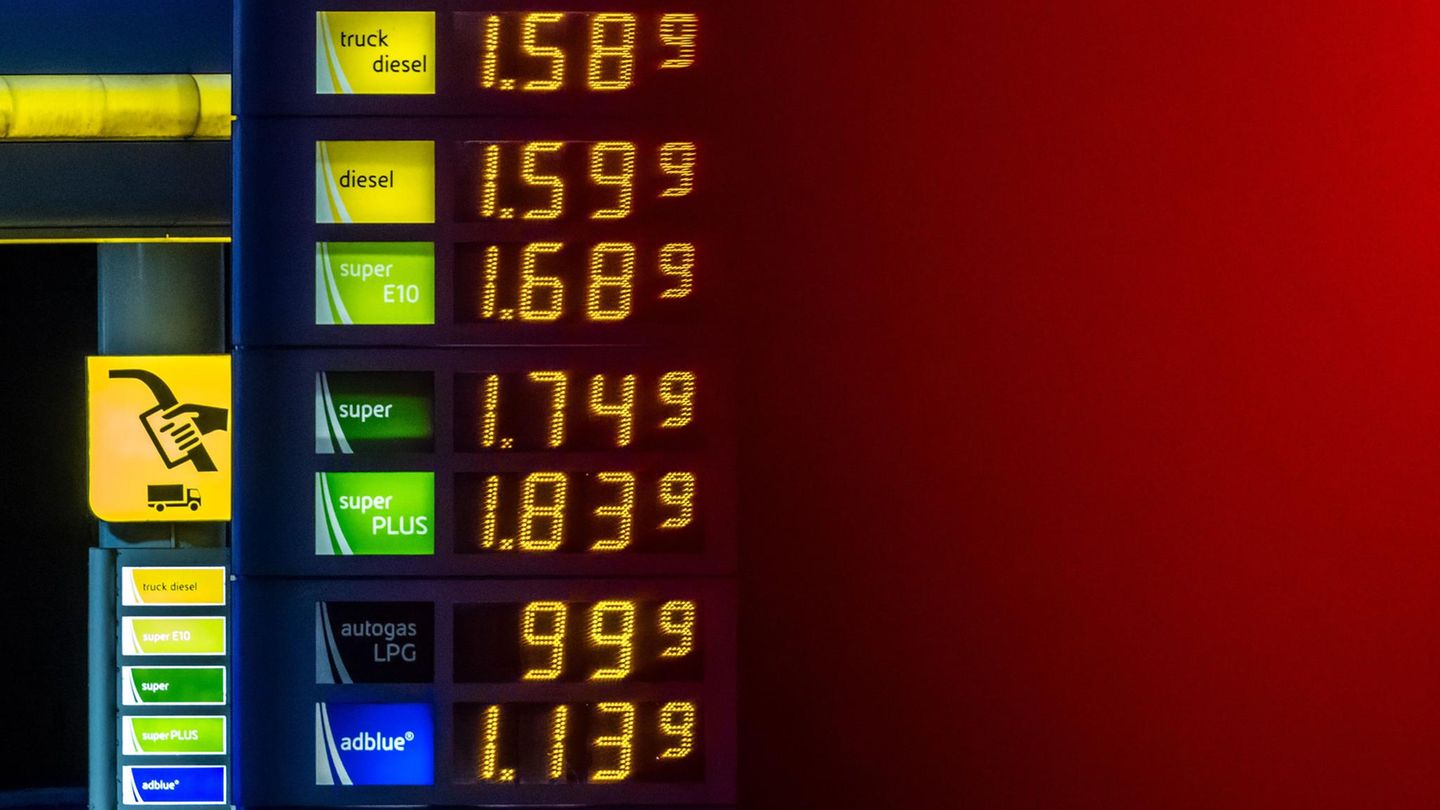It is a central project of the traffic light coalition: speed up the expansion of renewable energies. The “Easter package” comprises several hundred pages. The FDP only wants to approve the package with reservations.
Today, the Federal Cabinet intends to introduce a comprehensive package of laws for a faster expansion of green electricity from wind and sun in Germany.
This should help Germany to achieve its climate goals – but also make the country more independent of Russian supplies of gas, oil and coal as quickly as possible after the Russian attack on Ukraine. According to government sources, renewable energies have become a national security issue. The “Easter Package” is the largest energy policy amendment in decades.
FDP only wants to agree with reservations
The FDP only wants to approve the planned comprehensive legislative package for the expansion of green electricity in the federal cabinet with reservations. The German press agency learned this on Wednesday from government circles in Berlin. There was talk of a “special process” because important factual issues had not yet been decided by mutual agreement. But the way should be cleared so that no time is lost.
The draft for the cabinet therefore states that the accelerated expansion of renewable energies is a central goal of the coalition of SPD, Greens and FDP. The draft law will make a significant contribution to this. However, there is agreement that, in the further course of the procedure, questions about the timetable, climate neutrality in the electricity sector, the introduction of so-called Contracts for Differences and the option of renewed pay-as-you-go financing will be discussed “open-ended” against the background of the coalition agreement.
Economics and Climate Protection Minister Robert Habeck (Greens) had already announced the plans in January – “Easter package” because the cabinet should decide on the planned changes to the law before Easter. The legislative package comprises a total of more than 500 pages, according to government circles.
Significantly expand wind power
In essence, it is all about changing the Renewable Energy Sources Act (EEG). In the future, renewable energies should be in the overriding public interest and serve public safety. This is intended to speed up the approval process and facilitate court proceedings. Complaints are often filed against new wind turbines.
The expansion volumes for wind power on land and at sea as well as for solar energy are to be increased significantly. The government circles said that the expansion of renewable energies on land and at sea would be raised to a completely new level, so that the power supply in Germany would be based almost entirely on renewable energies by 2035.
By 2030, at least 80 percent of gross German electricity consumption should come from renewable sources. In 2021, according to industry information, this proportion was around 42 percent.
When presenting its opening balance sheet in January, Habeck said that the speed of reducing CO2 emissions had to be tripled, otherwise climate targets for around 2030 would be missed.
The package of laws also stipulates that electricity customers will be relieved of the burden on their electricity bills from the summer by means of an earlier abolition of the EEG surcharge. The construction of new power lines is also to be accelerated, and new projects are also planned.
Nuclear phase-out “ideally” as early as 2030
In the future, electricity customers should also be better protected against bankruptcies by suppliers and price jumps. In addition, the financial participation of the municipalities in which wind farms are located is to be increased. This is intended to increase local acceptance.
Germany will phase out nuclear power by the end of 2022 and gradually phase out coal over the coming years. The traffic light coalition is “ideally” aiming for a coal phase-out as early as 2030 – but that depends on whether renewable energies can be expanded more quickly.
The planned goal of reserving two percent of the country’s area for wind energy is not included in the “Easter package”. The federal government is currently in negotiations with the federal states. In Bavaria in particular there are strict rules on the distance between wind turbines and residential buildings. It is unclear whether the federal government will make the two percent target mandatory through changes in the building code.
The coalition is also working on an immediate climate protection program. This should include measures to improve the energy efficiency of buildings and to achieve climate targets in transport.
Source: Stern
David William is a talented author who has made a name for himself in the world of writing. He is a professional author who writes on a wide range of topics, from general interest to opinion news. David is currently working as a writer at 24 hours worlds where he brings his unique perspective and in-depth research to his articles, making them both informative and engaging.




